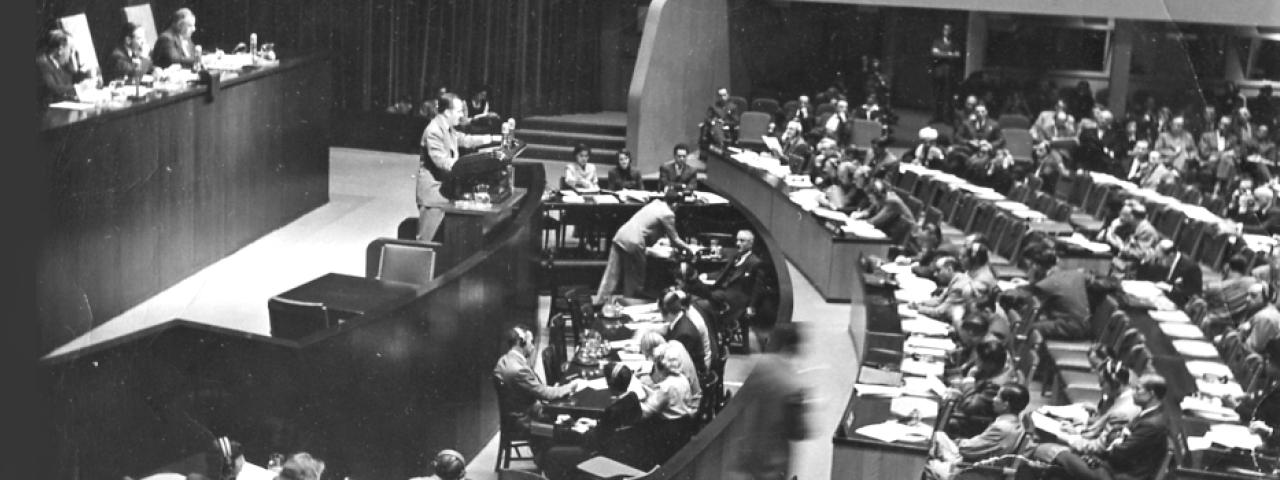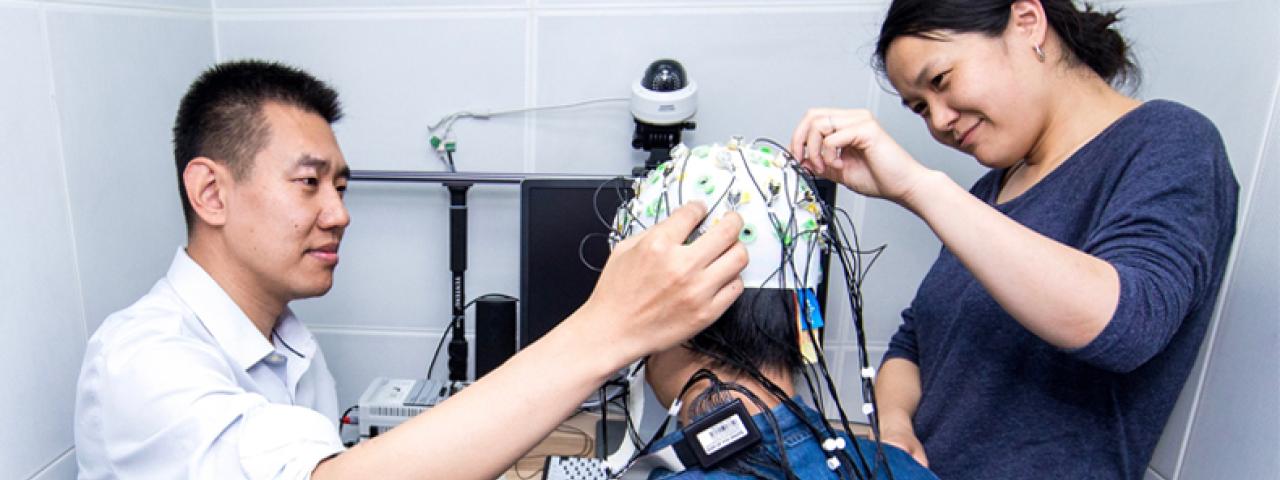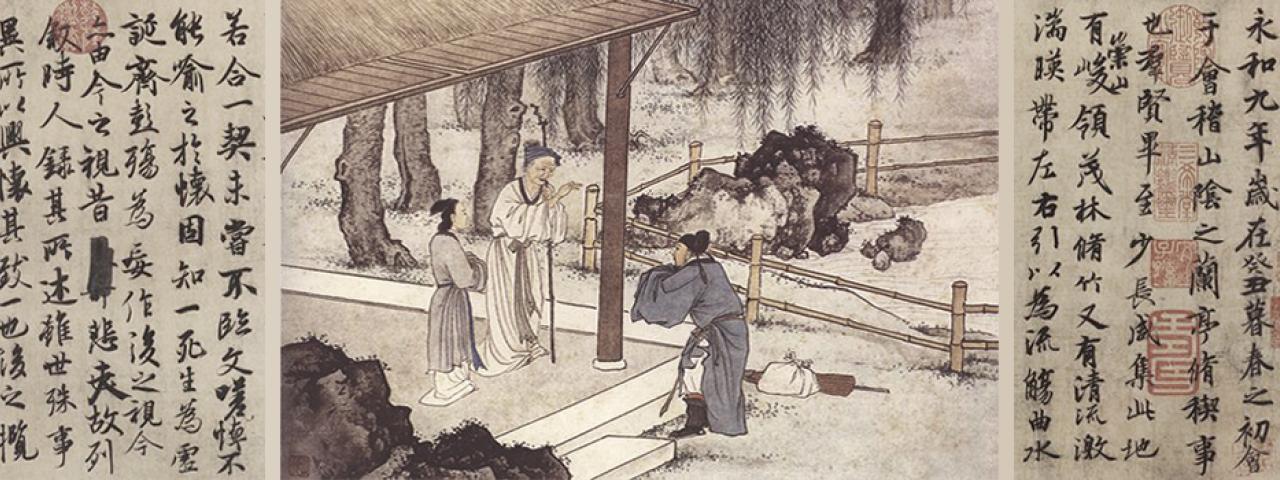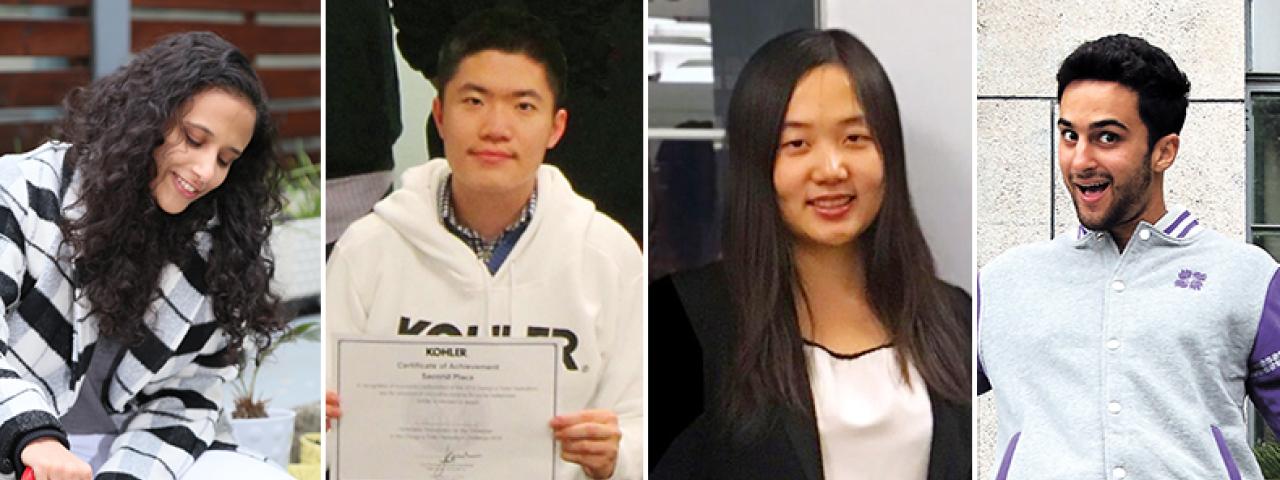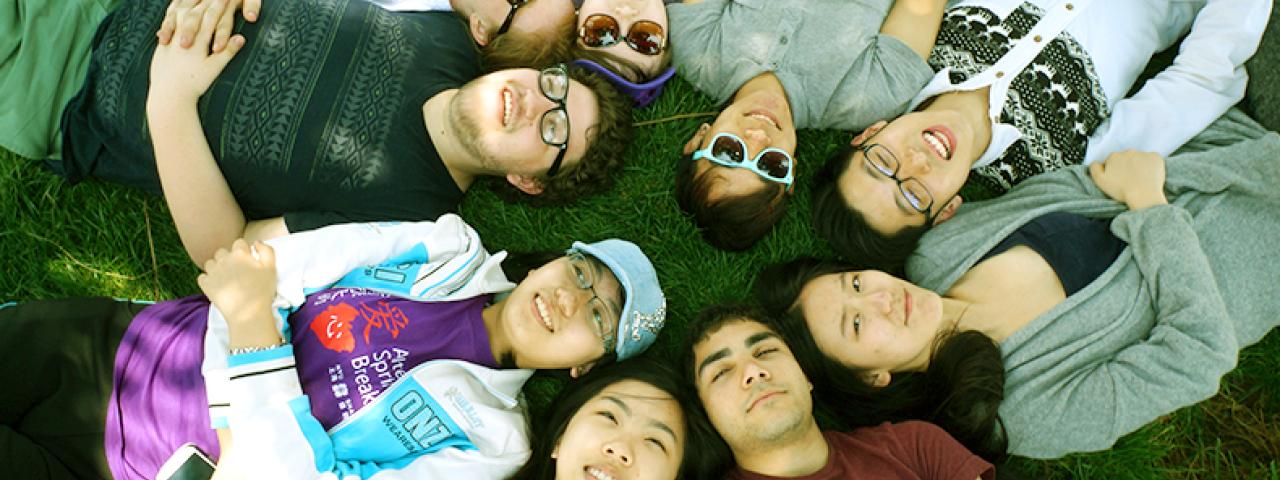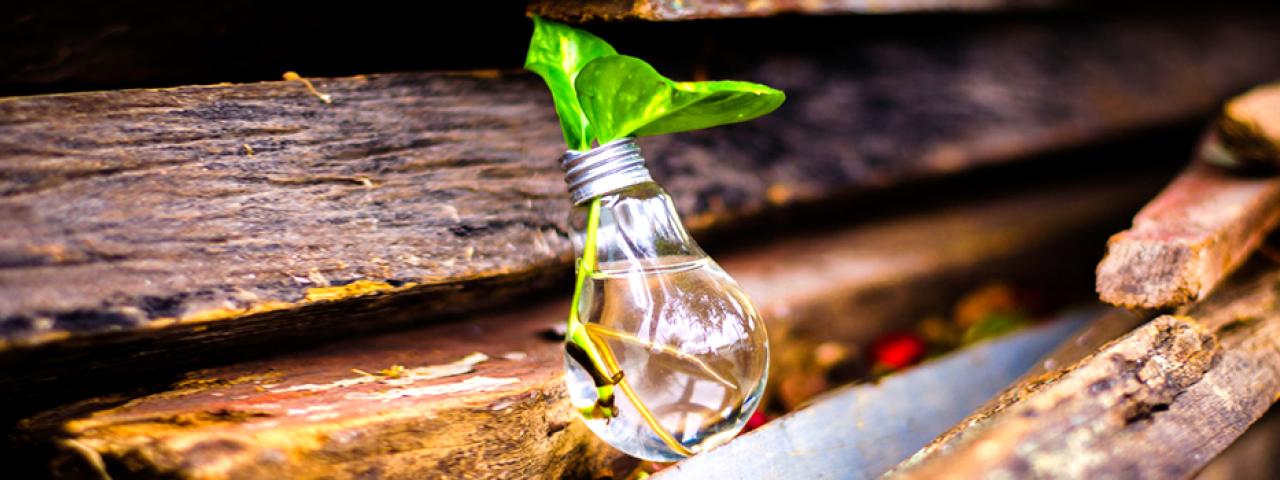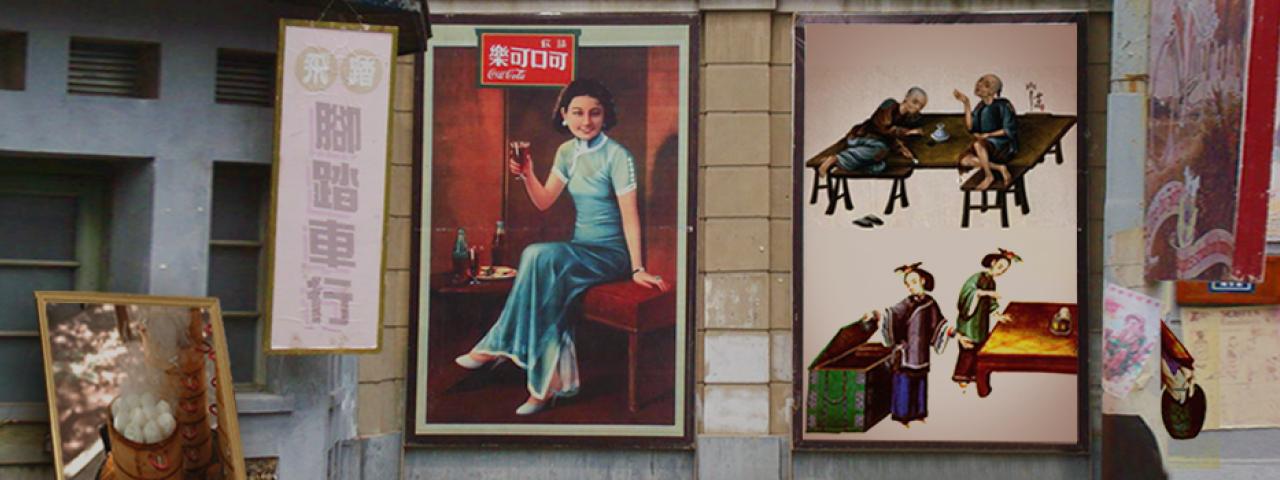Francisco Drohojowski, NYU Stern professor and visiting professor of finance at NYU Shanghai, first visited China in 1978 to retrace the steps of his diplomat father Jan Drohojowski—former Polish Ambassador and one of the first vocal supporters of what came to be known as the one-China policy. He shares with the Gazette his compelling family history with China.
…


